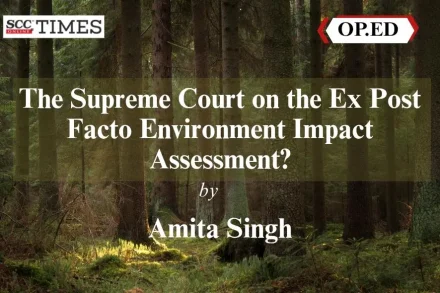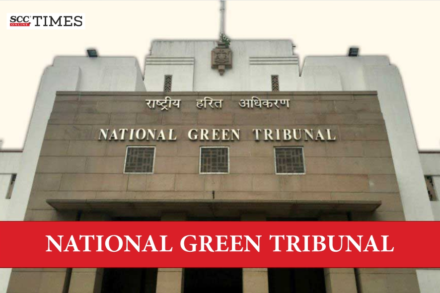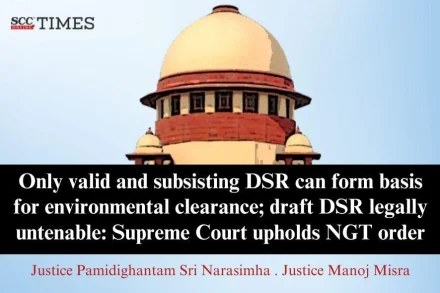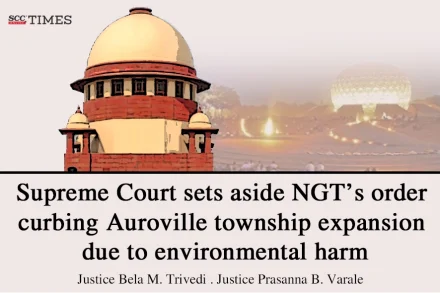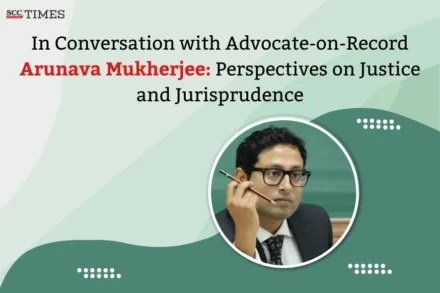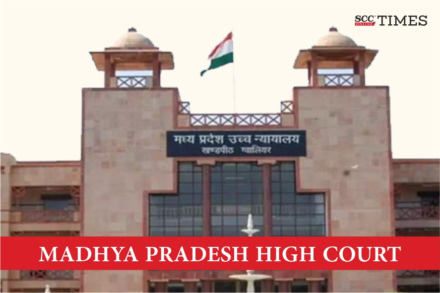
“If guilty, basis must be disclosed; if not, litigation is futile”; MP High Court directs NGT to decide culpability before fastening liability in fire incident
The Court emphasised the need for fairness and cautioned against causing prejudice by delaying a determination of culpability and liability in fire incident.



